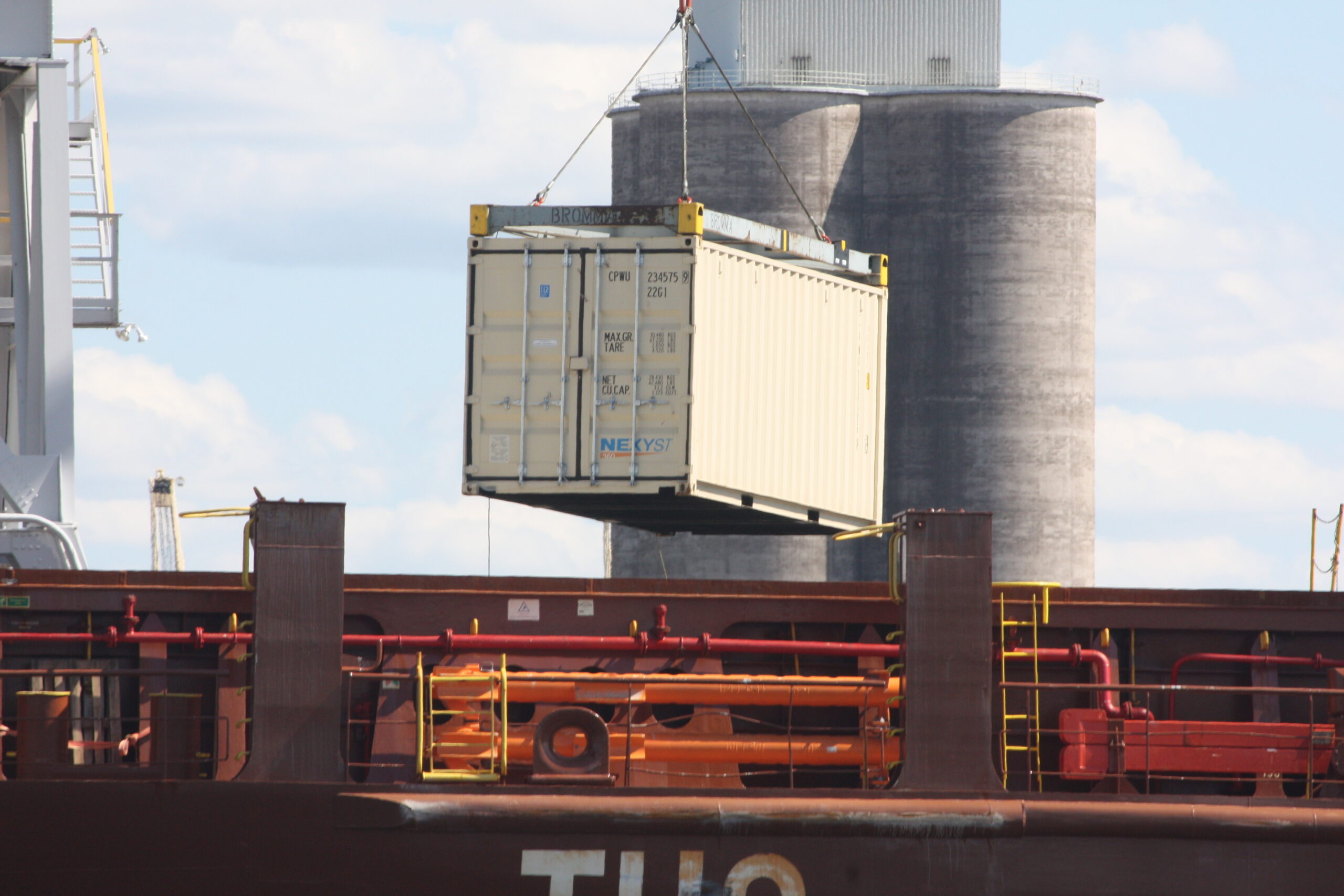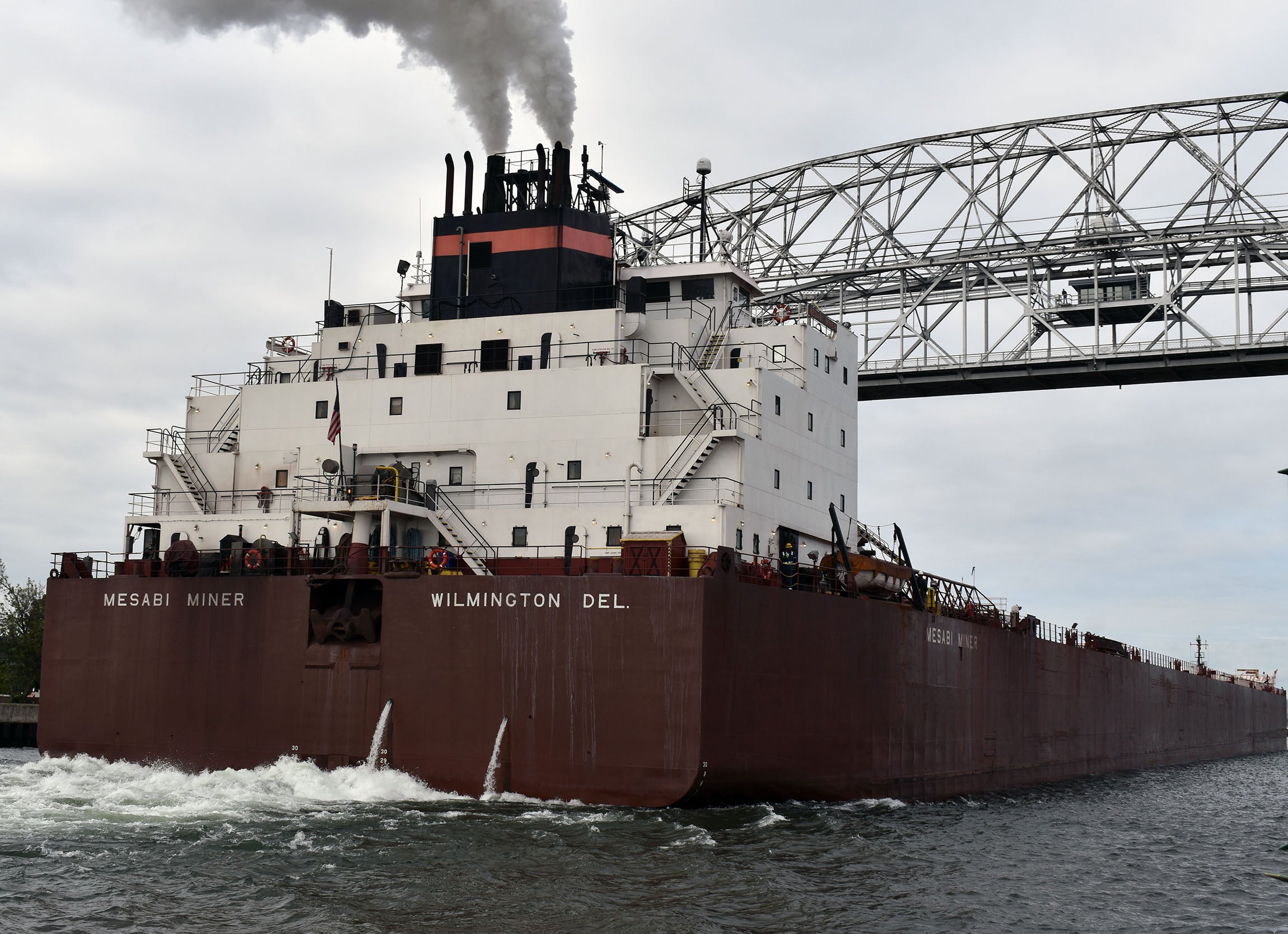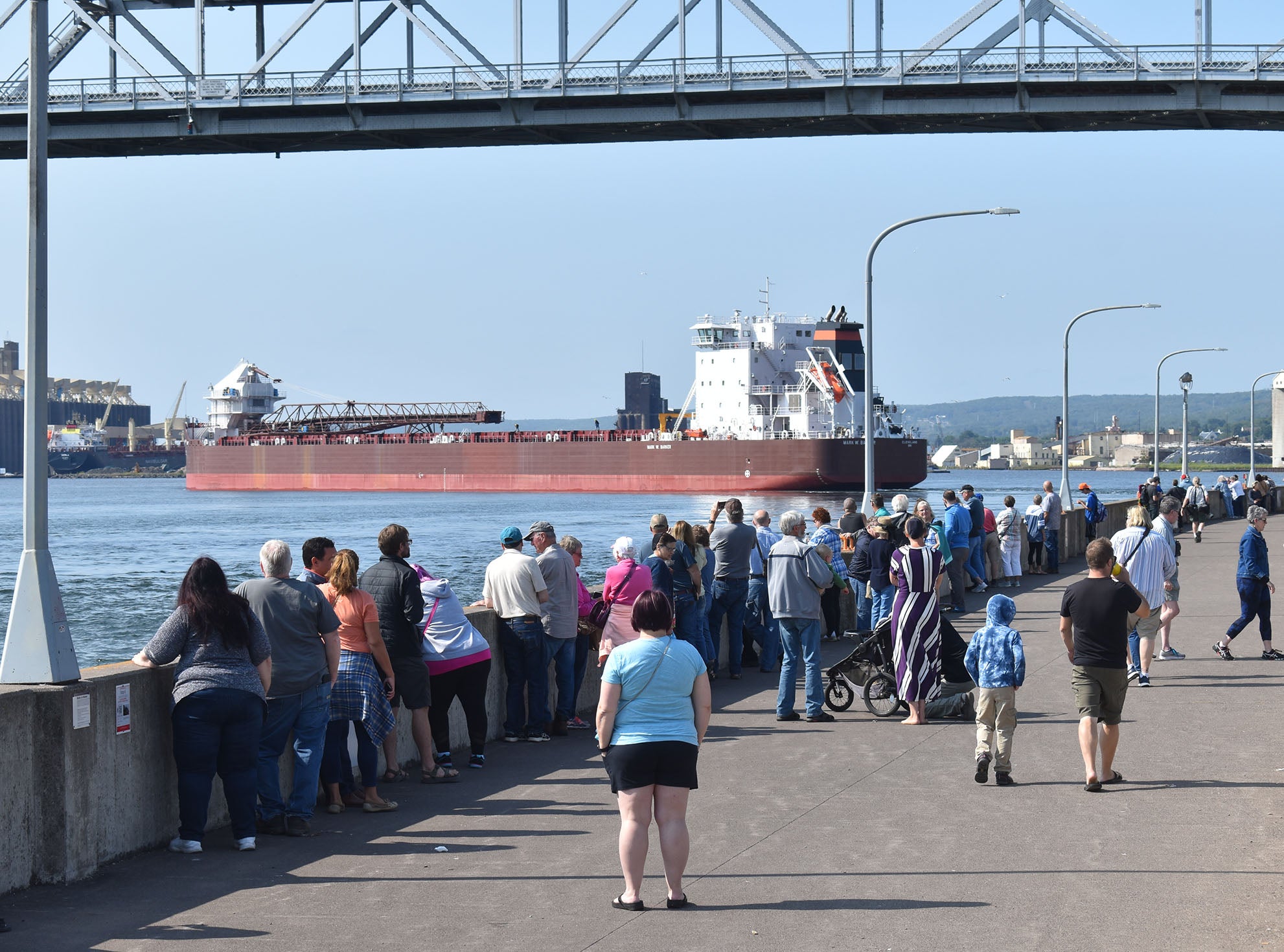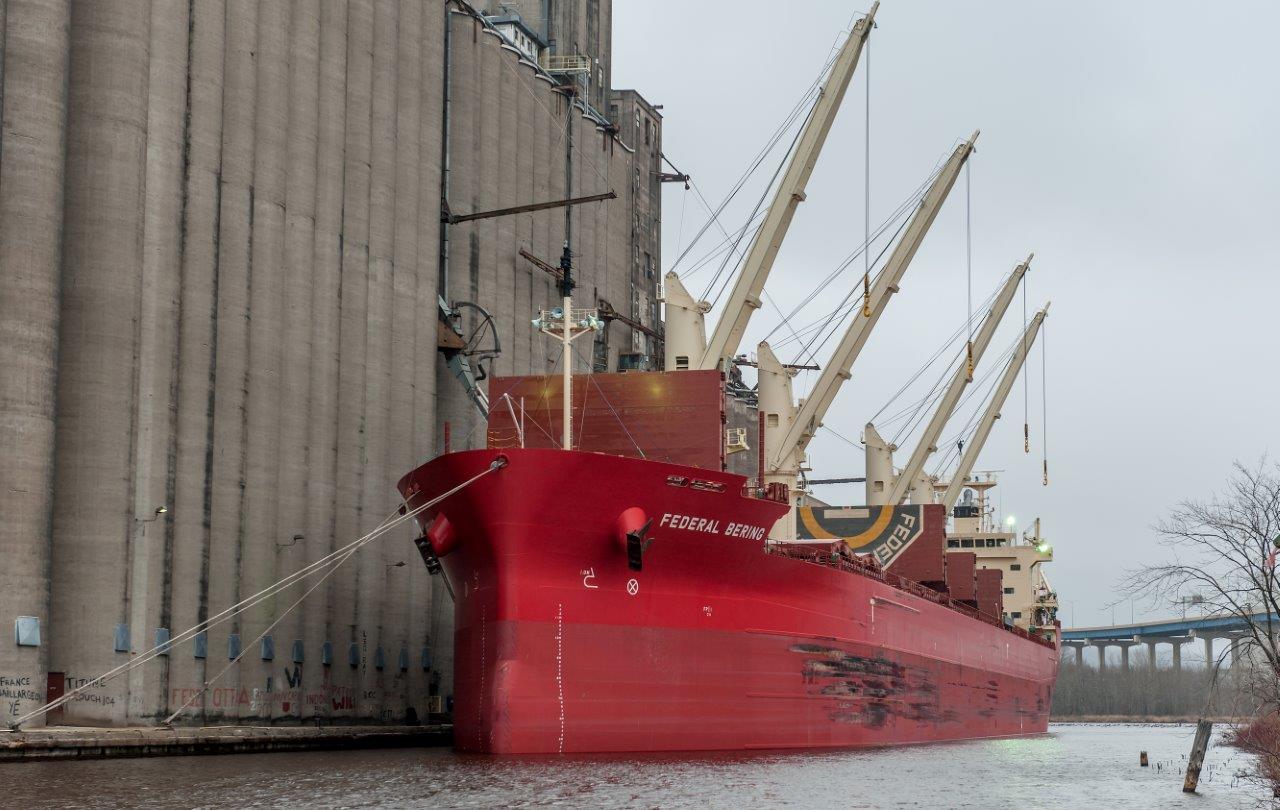In a word, Charles Wachsmuth describes ongoing supply chain disruptions from the COVID-19 pandemic as a “cluster.”
The vice president of Menomonie-based Chippewa Valley Bean ticked off a list of challenges the family-owned company has been forced to navigate as the self-described largest processor and exporter of kidney beans nationwide.
The company has struggled with a global shortage of shipping containers, inadequate rail service and congestion at the Port of Montreal. Seeking alternatives, Wachsmuth said they moved containers of kidney beans to Chicago, which were then loaded onto trains headed for East Coast ports. Even then, shipments that made it to ports overseas waited weeks for overbooked ships to move their product to its final destination.
News with a little more humanity
WPR’s “Wisconsin Today” newsletter keeps you connected to the state you love without feeling overwhelmed. No paywall. No agenda. No corporate filter.
Wachsmuth said that’s why company officials jumped at the opportunity when the Duluth-Superior port began shipping cargo containers over water for the first time in years.
“We’ve been processing beans since ’73, and the whole supply chain issue was a fatal threat to us,” Wachsmuth said. “So, this is allowing us to move forward.”
On Saturday night, nearly 200 shipping containers holding almost 9 million pounds of kidney beans from Chippewa Valley Bean departed the Port of Duluth-Superior aboard the vessel Nunalik. The containers are bound for European ports, including Salerno and Antwerp.
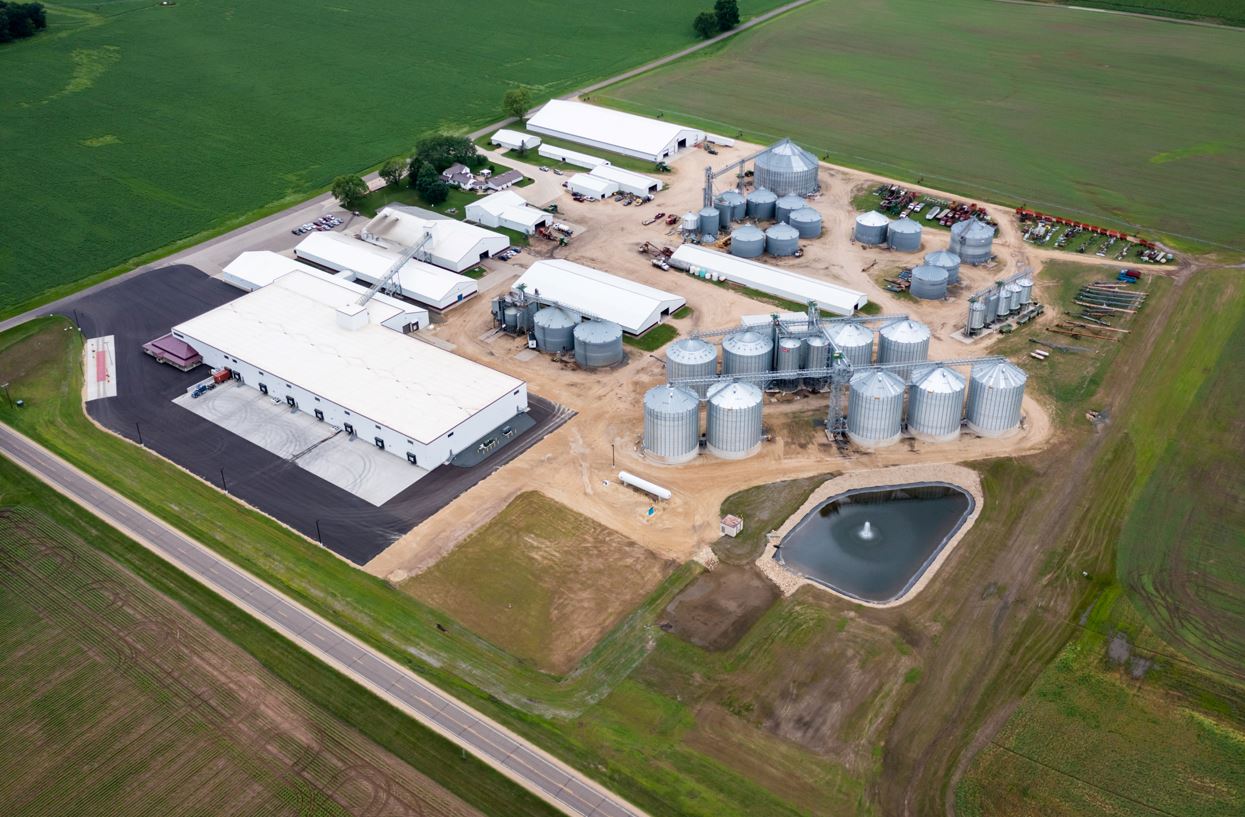
The exports mark the first maritime container shipments from the Twin Ports in recent years. Until last fall, the port had been restricted to moving shipping containers over land by truck or rail. With the recent expansion of service, Duluth-Superior is the only U.S. port besides Cleveland, Ohio, that’s capable of handling maritime container shipments on the Great Lakes-St. Lawrence Seaway System.
“We’re really excited about this opportunity and possibilities for the future,” said Deb DeLuca, executive director of the Duluth Seaway Port Authority.
Port officials announced in October that Duluth’s Clure Public Marine Terminal could begin handling larger volumes of international shipping containers. The Duluth Seaway Port Authority and Lake Superior Warehousing Co. have been partnering to provide seamless cargo handling through Duluth Cargo Connect. The latest expansion of container capabilities has been touted as a way to bypass bottlenecks at other coastal ports.
Jon Lamb, president of Lake Superior Warehousing, said supply chain disruptions from COVID-19 has created greater urgency for alternative options to move cargo.
“While our approach hasn’t changed in our goal to get the service, the marketplace is perhaps more conducive to having alternatives in place. It’s probably pointed more opportunities our way sooner than later in the current environment,” Lamb said.
A broader range of alternatives has become vital for companies like Chippewa Valley Bean. Wachsmuth noted they’re leasing more than 200 climate-controlled containers for the first time in a multi-million dollar agreement with Nexyst 360, which was recently acquired by Minneapolis-based company Realm5. He said that decision was driven by the lack of service elsewhere.
“And, if we don’t get the service, we don’t survive,” Wachsmuth said.
He said the company had 100 to 200 loads of beans waiting to move for months that resulted in the company cutting back production. Wachsmuth hopes having more control of their supply chain will eventually allow their business to grow. He feels the capability to ship containers from Duluth-Superior to overseas ports allows the entire region to do more business.
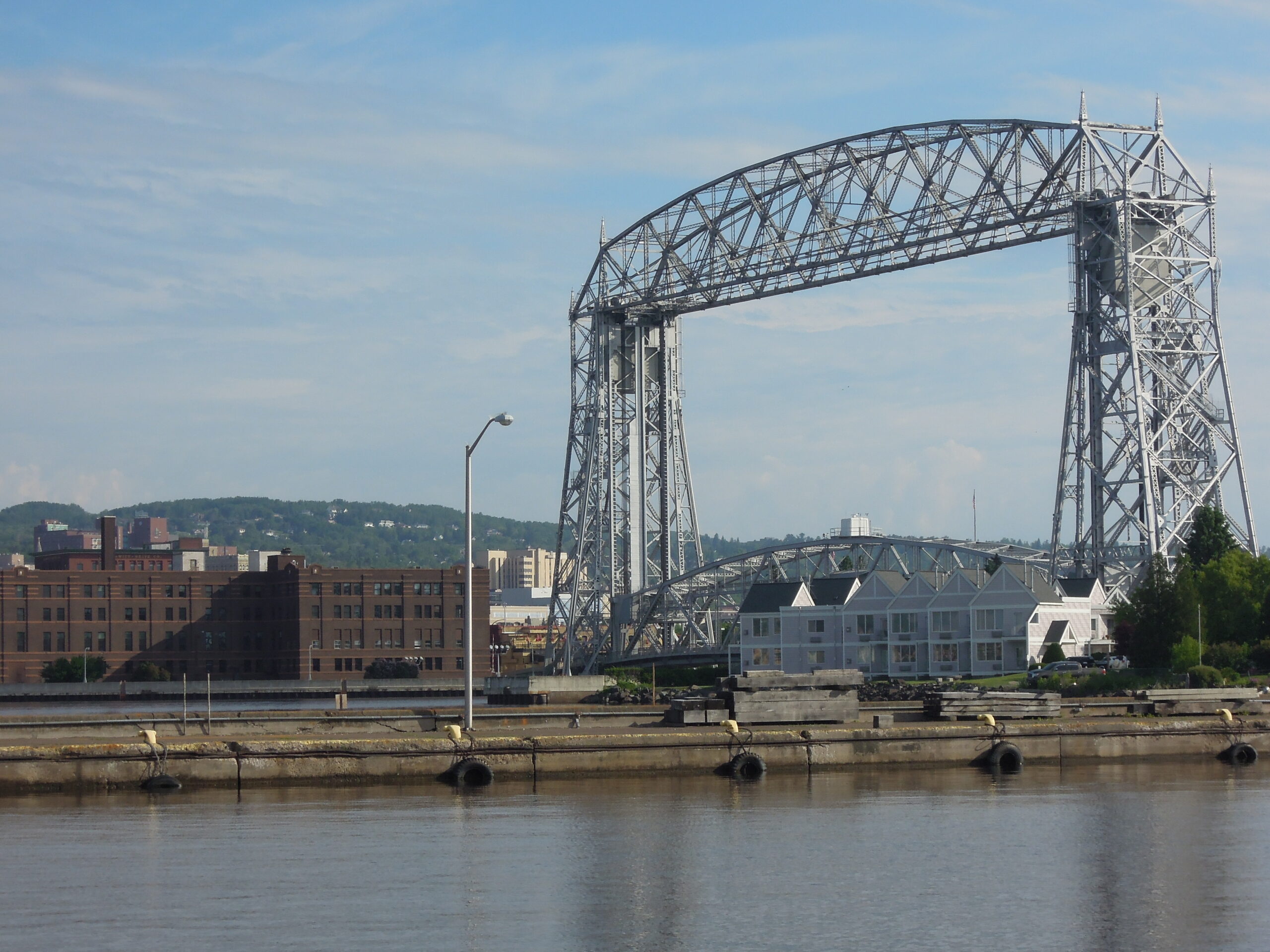
Danielle Kaeding/WPR
DeLuca said serving the regional economy and providing flexible solutions for businesses were a driving force behind efforts to expand the port’s container capabilities.
“We’re always seeking to grow cargo diversity through the port, and that’s another reason the Great Lakes ports as a whole have been seeking to develop container trade,” she said.
Other ports on the Great Lakes are looking to provide maritime container shipments, DeLuca said, although she declined to name any specific locations. She and Lamb voiced cautious optimism about the ability to grow more business through the new service. Other customers and shippers have expressed interest in utilizing maritime container shipments, including from the manufacturing and agricultural sectors.
Lamb noted farmers are having an especially difficult time finding containers to ship their products overseas.
“There’s a lot of pent-up demand for the exports right now, and obviously that’s as hot as anything in terms of that sector and the level of interest to use the service,” Lamb said.
Agricultural and food products in Wisconsin accounted for almost $4 billion of the state’s exports last year to nearly 150 countries, according to the Wisconsin Department of Agriculture, Trade, and Consumer Protection.
Wachsmuth said the company’s president, Cindy Brown, plans to meet with two shipping lines in Europe soon to inquire about possibly sending more ships to the Twin Ports to meet their needs for service. Looking ahead, he projects they’ll be able to export around 27,000 metric tons or roughly 59.5 million pounds of beans this year.
Wisconsin Public Radio, © Copyright 2026, Board of Regents of the University of Wisconsin System and Wisconsin Educational Communications Board.

